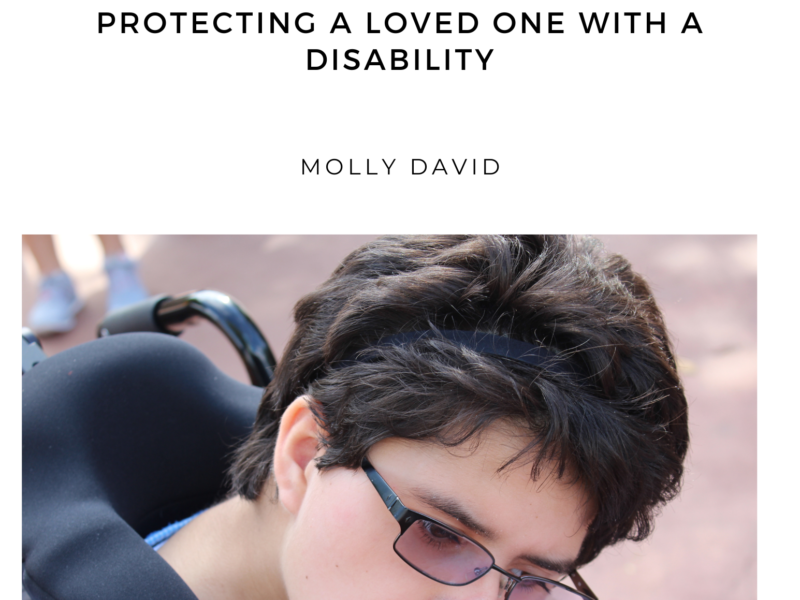The Medicaid renewal process is causing confusion for users and the federal government is monitoring how states are managing it. According to an AP article from August 17, 2023, Federal Medicaid officials have warned about long call center wait times in one-third of the states, which may cause people to give up on renewing their Medicaid coverage. We should not allow this to happen.
The Renewal Process
This review process is not new. Pre-pandemic, it was normal for states to conduct eligibility reviews annually. Legislation during the pandemic prohibited states from removing anyone from Medicaid. This meant that for three years, states did not conduct reviews and recipients did not need to submit any paperwork. During this same period, Medicaid enrollment grew by one-third.
It seems logical that some of the 23 million people who joined Medicaid during the pandemic do not qualify anymore. For Medicaid to remain solvent, it is important that a review take place and for people who do not qualify to be moved to another health care plan. It makes sense that Medicaid users, who are typically from a lower socio-economic status or have a disability, require additional support when renewing their benefits. Long call wait times, lack of access to technology, and a complicated system can make the process much harder than it needs to be.
Problems at the State Level
For states, part of the problem is staffing. They don’t have enough people to handle both the rise in phone calls and the rise in processing applications. When one gets increased attention, the other gets decreased attention. This slows the process. If an applicant cannot get their questions answered, then they cannot submit their paperwork on time, which leads to them losing Medicaid.
Unfortunately, many people are losing Medicaid coverage because of procedural issues rather than ineligibility. In Virginia, 43% of people who lost health coverage were eligible but had a procedural issue, according to the Kaiser Family Foundation (KFF). This means they did not return their paperwork on time or might be missing part of their paperwork. It’s easy for many people to think if someone doesn’t submit the paperwork correctly, then it’s their fault they lose coverage. It’s not that simple, though. Renewal paperwork is causing issues in some states, either arriving too close to the deadline or without clear instructions. This is unfair and mean-spirited.
Typically, people have a 30-day renewal process. But, many are not receiving it because states send out the paperwork late. It is unclear to others what they need to send in to prove eligibility, either by income or medical status. If you have even filled out a government form, you probably know it is more cumbersome than it needs to be. My daughter is a severely disabled adult, so I complete all of her paperwork for benefits. I have multiple college degrees and still have trouble interpreting some of these forms. I get very frustrated with the process and want to give up sometimes. So, I understand why many who don’t have the time, education, or patience for the process give up.
States Could Make it Easier
States could make it easier. We’re in Michigan and received instructions from my daughter’s school, county, and state health departments. It is relatively easy to check online to see when or if you need to submit paperwork. I will admit it took me a long time to check online because the verification system online would not recognize my daughter’s login information. It took a few verification texts, changing a password, and a lot of yelling at the computer, but eventually it worked. Although I think Michigan has done a great job with this process, if I didn’t have 45 minutes to spare and a cell phone, I would not have been able to log in.
In all fairness, I have researched this process for many months. I wrote about it and posted reminders on social media. I also made PSAs for my hometown to share on social media. Although my daughter did not need to take any action because of her medical diagnosis and SSI status, I had trouble with the technology needed to confirm this.
States should take the responsibility to make sure their process is easy to understand. They should do their part and make sure people have the required 30 days to send back paperwork. They should remember that they work for and answer to ALL people in their state, not just the largest donors or loudest groups. Besides the threat of federal government oversight, it’s the right thing to do for people.


